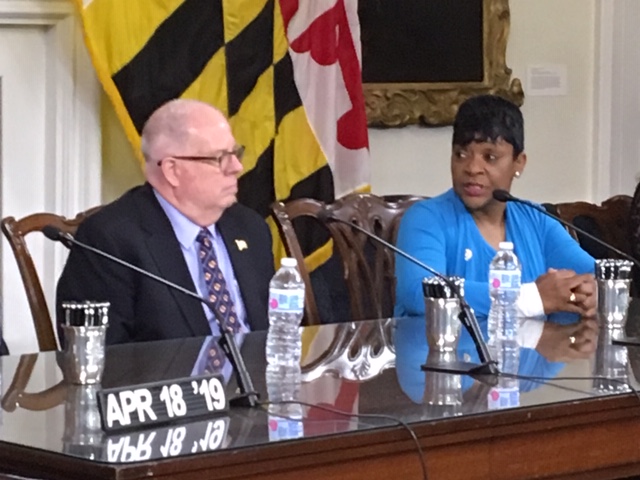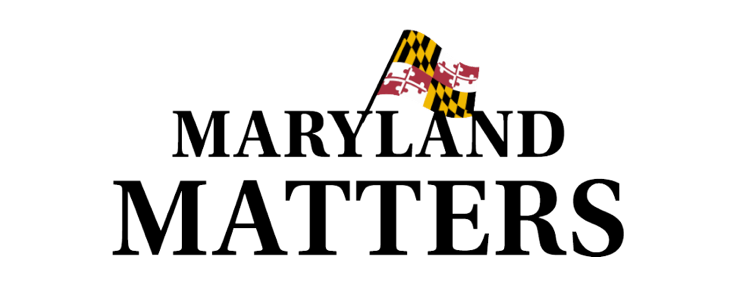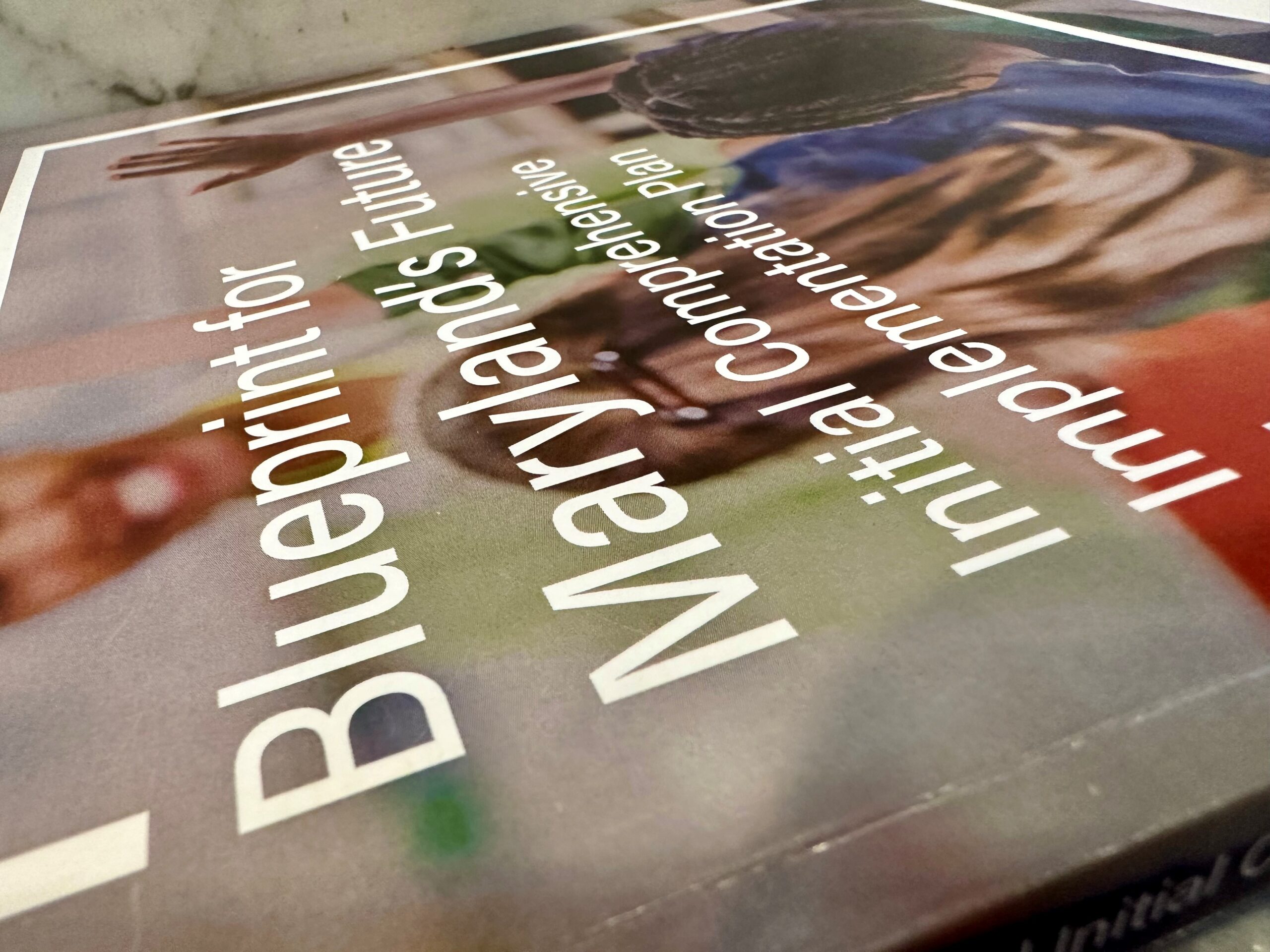Calling Hogan’s Vetoes: How’d We Do?

When Gov. Lawrence J. Hogan Jr. (R) vetoed eight bills last week, he wasn’t just passing judgment on the legislation – and impacting state policy. Though he may not have known it, he was also rendering judgment on our abilities here at Maryland Matters as prognosticators.
Back on April 12, you may recall, we ran an article headlined, “Here Are Eight Bills That Hogan Could Veto.”
So how’d we do, since it’s all about us?
Well, for starters, we got the number of bills right. For Hogan, eight was enough.
But as it happens, he only vetoed three of the bills we flagged, letting the other five become law without his signature. And the five additional bills he vetoed? Well, we either chose not to list them or hadn’t considered the possibility that they’d be vulnerable.
Still, we think nailing three of the eight, considering the 800-plus bills that passed through the legislature this year, was pretty good. Or maybe we were just stating the obvious.
Here are the three bills we suggested Hogan might veto that he wound up nixing:
Repeal of the Handgun Review Board, SB 1000 and HB 1343, sponsored by Sen. Pamela G. Beidle (D-Anne Arundel) and Del. Vanessa Atterbeary (D-Howard)
We said: “The bill was passed along partisan lines, but some Democrats in each chamber joined Republicans in opposing the measure.”
Hogan said: “This legislation appears to be just a solution in search of a problem. The General Assembly’s efforts would be better focused on initiatives to target violent, repeat offenders who use guns to commit crimes.”
Atterbeary tweeted: “We are doing something right when @GovLarryHogan vetoes our bill repealing the Handgun Permit Review Board.”
Criminal Record Screening Practices (Ban the Box), House Bill 994 and Senate Bill 839, Sen. Jill P. Carter (D-Baltimore City) and Del. Nick J. Mosby (D-Baltimore City)
We said: “The bill was opposed by the Maryland Chamber of Commerce and other business groups. Groups representing ‘returning citizens’ believe that people who’ve made mistakes in the past face almost-impossible odds re-establishing themselves in society unless they can find gainful employment. Hogan has repeatedly urged for the passage of crime laws that get tough on repeat violent offenders, but he is widely perceived as a compassionate moderate. He may feel pulled in two directions on this bill.”
Hogan said: “This would result in costly and time-consuming human resources work that ultimately goes nowhere.”
Mosby said: “Placing barriers that hinder Marylanders from competing for gainful employment does nothing but exacerbate the conditions of poverty and foster continued environments of crime.”
Two-person train crew, HB 66, sponsored by Del. Dana Stein (D-Baltimore County) and SB 252, sponsored by Sen. Antonio L. Hayes (D-Baltimore City)
We said: “The measure was backed by unions representing rail workers and safety advocates; it was opposed by the rail industry on the grounds that it would drive up expenses. Measures like this have been debated for years in Annapolis and other state capitals, and in Congress, with debate intensifying any time there’s a train mishap traced back to human error or a medical emergency involving a crew person. Hogan could find himself squeezed between rail network operators concerned about cost and safety advocates.”
Hogan said: “For four years, I have made it my Administration’s top priority to make sure Maryland is Open for Business. These bills attempt to circumvent the collective bargaining process in private industry and will ultimately kill job opportunities for the thousands of Maryland’s citizens who depend on an economically viable Port of Baltimore, make our great state less competitive with our neighbors, burden our taxpayers, and bring confusion to the Mid-Atlantic’s complex rail network. I simply cannot allow these bills to become law.”
We also predicted that Hogan might veto the Clean Energy Jobs Act, a bill to ban Polystyrene food products, a measure establishing a Prescription Drug Affordability Board for state and local governments, a bill addressing family planning funding, and a measure laying out procedures to establish same-day voting registration in the state. Hogan allowed all to become law without his signature – though he was sharply critical of the clean energy bill and vowed to improve upon it next year.
Hogan wound up vetoing:
— A bill designed to change state management of the oyster population in the Chesapeake Bay
— A bill that would have expanded college tuition breaks for immigrants
— A bill that would have required an annual $3.8 million allocation for the state to expand its bike lane program
— A bill giving the legislature more say over the state’s collective bargaining process
— A bill that lawmakers cast as expanding transparency over gubernatorial appointments.
We’ll try to do better next time!




 Creative Commons Attribution
Creative Commons Attribution